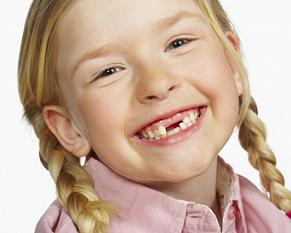 London, Dec 20: The memory and walking speeds of older adults who have lost all of their natural teeth decline more rapidly than in those who still have some of their own teeth, finds research.
London, Dec 20: The memory and walking speeds of older adults who have lost all of their natural teeth decline more rapidly than in those who still have some of their own teeth, finds research.
"Tooth loss could be used as an early marker of mental and physical decline in older age, particularly among 60-74 year-olds," said lead author Georgios Tsakos from University College London. "There are many factors likely to influence this decline, such as lifestyle and psychosocial factors, which are amenable to change," Tsakos added.
The study looked at 3,166 adults aged 60 or over and compared their performance in tests of memory and walking speed. The results showed that the people with none of their own teeth performed approximately 10 percent worse in both memory and walking speed tests than the people with teeth.
These links between older adults in England losing all natural teeth and having poorer memory and worse physical function 10 years later were more evident in adults aged 60 to 74 years than in those aged 75 and older.
"We find that common causes of tooth loss and mental and physical decline are often linked to socioeconomic status, highlighting the importance of broader social determinants such as education and wealth to improve the oral and general health of the poorest members of society," said Tsakos.
The study was published in the Journal of the American Geriatrics Society.





Comments
Add new comment